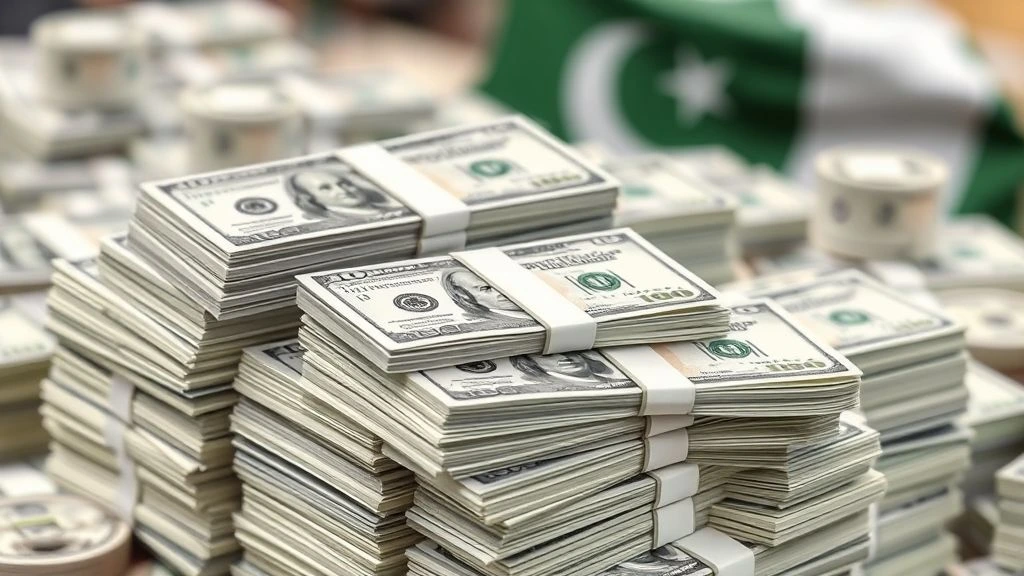Pakistan has secured a major injection of foreign financing, totalling approximately $700 million, through commitments and support aimed at boosting its key sectors and stabilizing its economy.
These funds come amid a broader drive to attract global investment and shore up external financial stability.
A significant portion of the commitment is tied to the development of Pakistan’s Reko Diq copper and gold mine, one of the world’s largest untapped mineral deposits. The International Finance Corporation (IFC), the private investment arm of the World Bank, has already pledged $700 million as part of the Reko Diq financing package.
This follows a recent approval by the Asian Development Bank (ADB) of $410 million—including $300 million in direct loans to Barrick Gold, the mine operator, and a $110 million financing guarantee for the government of Pakistan.
READ MORE: IFC To Expand Its Role and Investment in Pakistan
Complementing the mine financing, the ADB is also stepping in to support infrastructure crucial to the project’s success. It is set to fund a $2 billion upgrade of a key 500-kilometre section of Pakistan’s railway system—from Karachi to Rohri—helping to facilitate the efficient transport of copper ore from Reko Diq. T
his shift comes after delays in Chinese funding under the China-Pakistan Economic Corridor (CPEC), and is seen as a strategic pivot toward multilateral support.
These developments coincided with high-level international attention, suggesting growing confidence in Pakistan’s natural resource potential and macroeconomic policy direction.
The Reko Diq project’s IFC-backed $700 million commitment, along with the ADB’s multi-billion-dollar involvement, signals a renewed momentum in foreign interest toward Pakistan’s mining and infrastructure sectors.
In summary, the $700 million in foreign commitments—anchored by the IFC’s pledge for Reko Diq—form a critical part of Pakistan’s strategy to attract overseas capital, enhance infrastructure resilience, and drive economic stability.









